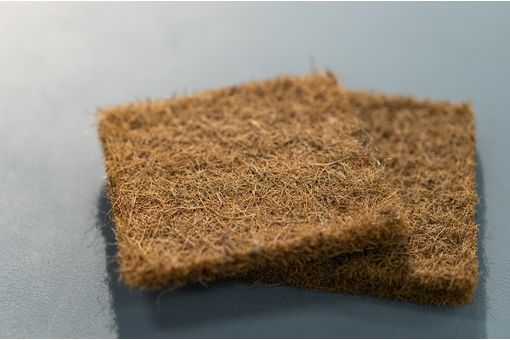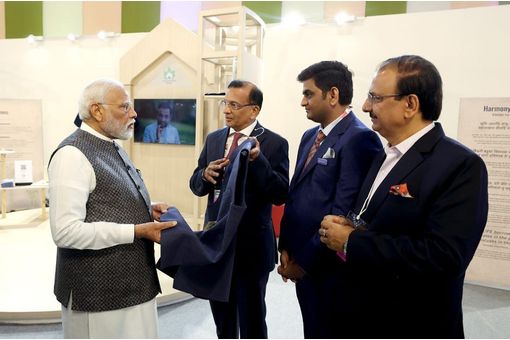'TPP will adversely affect Indian textile exports'
The Trans-Pacific Partnership (TPP), a free trade agreement involving 12 countries of the Pacific Rim, will adversely affect the Indian textile industry as high duty and yarn-forward rule of origin for non-participating countries will make textile exports to these countries difficult.
“The TPP deliberately excludes China and India, which makes it potentially dangerous. Trade diversion as a result of India not being a part of TPP will be around $4-5 billion over 10 years,” Arvind Sharma, vice-president (planning, costing and outsourcing) of JCT Limited told Fibre2Fashion.com. “Exporters from TPP member countries will get preferential access in the US market vis-a-vis exporters from non-TPP member countries such as India. This will put India’s garment exports to the US at a disadvantage as that country imposes high duties on readymade garment imports.” While Vietnam will have zero-duty access to the US market for textiles, Indian players will have to pay 14-32 per cent duties, he said.
Elaborating on the yarn-forward provision, Ruchi Sally, director of Elargir Solutions, said, “This provision in the agreement will require clothing to be made from fabric manufactured in one of the free trade partner countries to qualify for duty-free treatment. India is one of the largest exporters of fabric and yarn to countries like Vietnam, enabling them to export to countries like the US. With this rule, Vietnam will need to produce locally.” India would be at loss as this provision would make Indian textiles uncompetitive in the TPP market, she asserted.
Talking about solutions to the problems posed by the TPP, Sharma said India needed to concentrate in vigorously pushing its exports to non-traditional, emerging markets like Africa, Latin America, etc. Also, India should take advantage of its existing trade agreements with Singapore and Japan, as well as those with Australia and New Zealand that are in a negotiating stage.
Similarly, Sally pointed out that India was actively engaged in ASEAN Regional Comprehensive Economic Partnership (ARCEP) which consists of ASEAN and ASEAN FTA countries; hence, all countries which fall under the ASEAN FTA would be markets to target. (MCJ)
Fibre2Fashion News Desk — India
































-Ltd..jpg?tr=w-120,h-60,c-at_max,cm-pad_resize,bg-ffffff)





.jpg?tr=w-120,h-60,c-at_max,cm-pad_resize,bg-ffffff)
.jpg?tr=w-120,h-60,c-at_max,cm-pad_resize,bg-ffffff)






